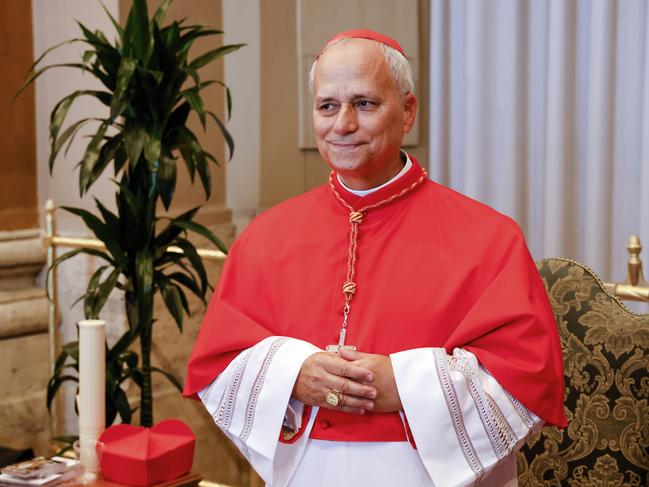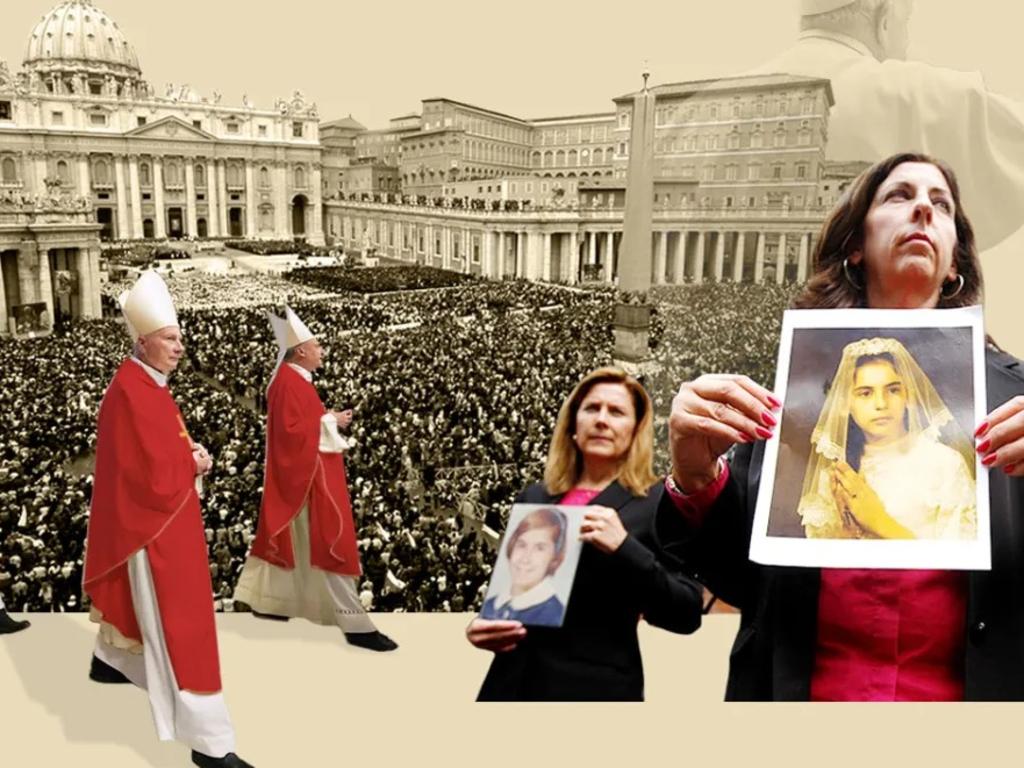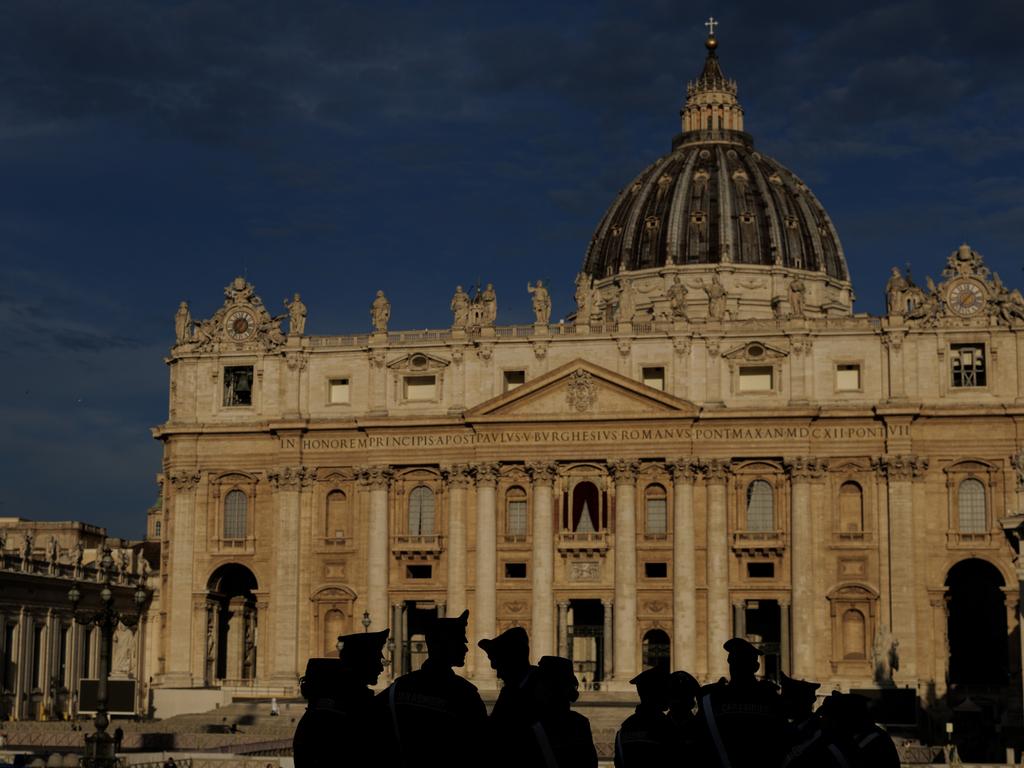Hail a new shepherd and father for the church

Born Robert Francis Prevost to parents of Spanish, French and Italian background, he is a native of Chicago Illinois, and the first pope from North America.
But he has also lived and worked in South America for significant parts of his life, and so is a truly international man. His religious vocation was nurtured in his very Catholic family and in a high school for potential seminarians (minor seminary) run by the Augustinians.
These “Austin friars”, like the Franciscan and Dominican friars, live a religious life that is a mix of monastic contemplation and apostolic ministry. They are strong on community life, on corporate poverty or simplicity, and on ministries to schools, prisons and ‘'the missions’’. Prevost joined that order in 1977, made his final vows in 1981, and was ordained a priest in 1982.
The new pope has an interesting educational history. Before joining the Augustinians, he undertook a degree in mathematics and philosophy at Villanova University. The order then put him through degrees in theology in Chicago and Rome, and in canon law at the Angelicum University in Rome, all the way to doctoral level.

For the most part of four decades he served as a missionary in Peru. His roles included director of vocations, of mission, or of seminarians (formation), leader (prior) of his religious community, and professor of patristics, morals and church law.
He was parish priest of several poor parishes, and legal authority (judicial vicar), administrator and finally bishop of a Peruvian diocese. The Peruvian bishops elected him their vice-president.
In between he had stints home in the US, as regional superior (provincial prior) or deputy superior (provincial vicar) of the Augustinians, or in Rome where he served two terms in Rome as worldwide head (prior general) of his order. In 2023 Pope Francis appointed him head of the Vatican body that oversees bishops (prefect of the Dicastery for Bishops), as a member of several Vatican bodies, and from 2024 as cardinal.
This wide range of geographical, educational, pastoral and leadership experiences have coloured the Pope’s thinking, and we can expect this to play out in his style and activities.
Like his predecessor, Leo comes to the Chair of Peter from a religious order. His Augustinian charism was evident in the humility and gentleness that he has demonstrated throughout his years of service, and most recently from the balcony of St Peter’s at his election.
There he echoed the words of the founder of his order, St Augustine: “For you I am a bishop, with you I am a Christian.”
Unlike his predecessor, he has devoted most of his life to “the missions”: bringing the Gospel to places far from his homeland. His understanding of church law and experience of church governance is also more extensive.

So what will this mean for his papacy and so for the church he leads and the world he influences?
Fresh off the heels of a federal election in Australia, and in the shadow of an Academy Award-winning Hollywood blockbuster, Conclave, some may be inclined to read him much as they would a secular politician.
They will speculate on the machinations of the Latin American bloc among the cardinals, and whether they were allied with US and curial cardinals to get him elected. They will ask whether he is a progressive or a conservative, and where he will stand on the media’s favourite hot-button issues. And they will wonder what he will contribute in an age of uncertainty about religion and so many other things.
Yet religious leaders such as Leo transcend the usual left-right binaries and the fixations of some in the Western media. Indeed the relatively quick decision of the cardinals suggests the talk of bitter divisions, entrenched positions and factional politics was rather overblown.
Reading a papal conclave through a political lens is, in fact, misguided. Of course the electors are human, with all the foibles, interests and ambitions of human beings. But their goals are overwhelmingly spiritual.
Leo’s first words to the world as Pope were Christ’s Easter greeting of “Shalom! Peace be with you!” His focus was on the central truth of the Gospel, God’s unconditional love for us all.
He was not interested in factions. He did not pit truth against mercy, doctrine against compassion. His messages then, as always before, were “both-and” much more than simplistic “either-or”, and grounded in the Gospel rather than any ideology.
Reading the church as just one more corporation, NGO or international organisation might have its uses. But it is first and foremost a body of believers, founded by Jesus Christ, which survived against the odds for 2000 years so far, and spread far and wide due to the persuasiveness of the Gospel and the work of missionaries like Leo. So much about the church doesn’t fit the usual categories — and that will be true about its new chief pastor.
The Pope’s choice of the name Leo is significant. St Leo the Great, the first pope of that name, was one of the greatest teacher-popes and one of those great early contributors to Catholic thought known as the fathers – like St Augustine before him.
Leo XIII, the last till now of the line of popes that took that name, was the “father” of modern Catholic social justice teaching, an enthusiast for serious theology, and a devotee of the rosary. So the new Holy Father signals many things in picking that name, above all the unity of truth and love that he has lived and taught till now.
I think and pray that he will be a centred and centrist pope, centred on the Gospel and unifying the church around its core identity and mission as the Body of Christ.
I also look forward with excitement to hosting him in Sydney for the International Eucharistic Congress in 2028. I think Australians of all sorts of religious belief and unbelief will join the Catholics in giving him an overwhelming welcome then.
In the meantime, I call on all Catholics and others of good will to get behind this pope with our prayers for him. Viva Papa Leo! God bless him!
Anthony Fisher is the Archbishop of Sydney.






“Habemus papam” – we have a pope, a new shepherd and father for the Church: Pope Leo XIV.